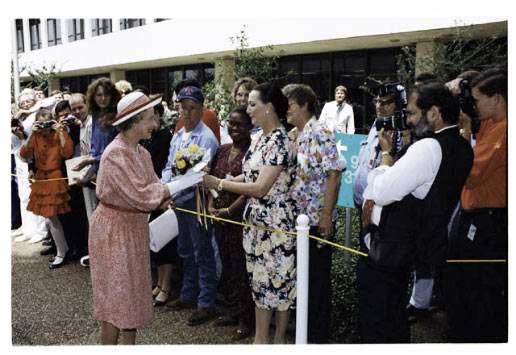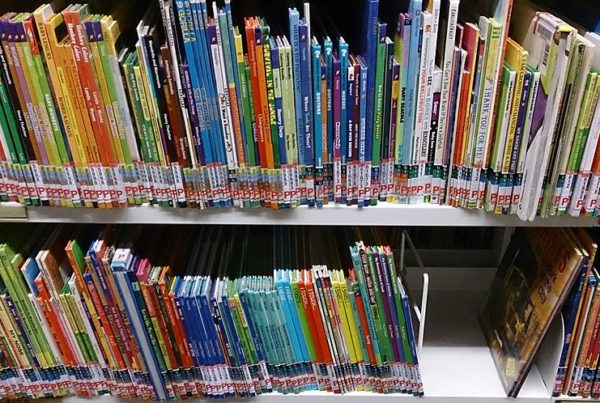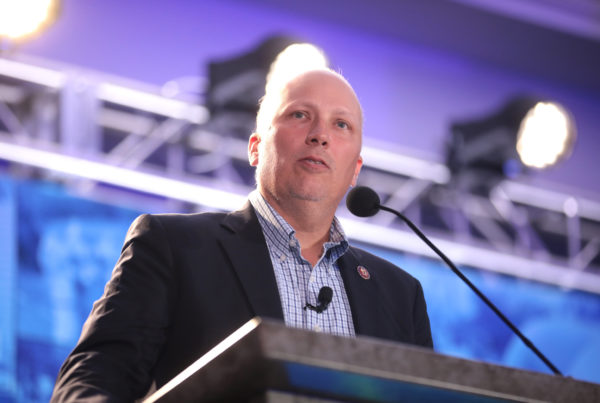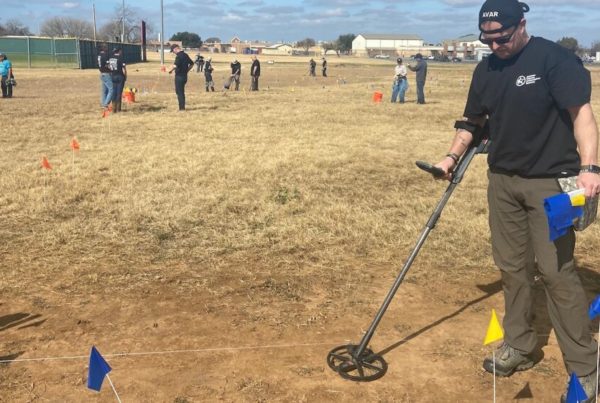The Texas public school system is at a crossroads, as many public school teachers across the state experience burnout from the pandemic. A new report from the Texas chapter of the American Federation of Teachers says 66% of teachers here have considered leaving their jobs during the last two years. The organization surveyed 3,800 Texas member teachers last November.
Many teachers and staff have had to take on higher workloads lately. Meanwhile, pay hasn’t increased to match that extra work.
Zeph Capo, president of the Texas chapter of the American Federation of Teachers, says problems were already brewing before the pandemic, but the ups and downs over the past two years have made things worse. Listen to the interview with Capo in the audio player above or read the transcript below to learn more about possible solutions, including, Capo argues, raising Texas teacher salaries to match the national average.
This interview has been edited lightly for clarity.
Texas Standard: Tell us what your group was trying to gauge with this survey.
Zeph Capo: We’re really trying to figure out where our employees are, our teachers, our bus drivers, because we’ve had such a drastic crisis in shortage, particularly exacerbated around this pandemic. But one of the things that we found as we went through this, this has really been a crisis that’s been building long before the pandemic and the pandemic is actually making it acutely worse.
Part of this is a sort of downward spiral that’s exacerbated by more teachers leaving, and more teachers having to assume the work of teaching those extra classes. Was that reflected in these numbers?
That’s absolutely right. That gets to the overextended workload that is driving many of the teachers out. That’s just becoming exacerbated as more teachers leave. Teachers are having to double and triple up on their classes, in their numbers, to be able to make sure kids have somebody in front of them, to the point that districts are even bringing in non-teachers, the maintenance staff, to cover classes.
Where is this headed, and what is needed to head off the worst?
If you look at the fact that most of our teacher-prep programs are also in a downward spiral – that people are just simply not even considering going into the profession at all. I think it really shows that we have a tremendous crisis ahead of us and that we’ve got to do a couple of things.
What it boils down to for our members is the level of respect; they don’t feel that although they may not be working directly for the pay, they’ve got families to take care of as well, too. And they don’t feel respected by their pay. They don’t feel respected when the consistent overburden of the workload lands on their shoulders. They don’t feel respected whenever society, or particularly those in seats of power in our government, point the finger at our educators and lay blame to score political points in their primaries, so those things exacerbate an already difficult issue.
You’ve made it clear that this isn’t just about pay; this is about issues of respect and the demands being placed on teachers’ time. But what is the average salary for a teacher, and how much of that is a part of what you’re hearing from teachers in this survey?
The numbers may have changed and adjusted a little bit, but I think the average teacher salary was around $53,000-$54,000. Now, that may be changing when you have so many of our experienced teachers leaving the classroom or leaving the profession. But that’s right around where it is now. We are still far below the national median. That’s where one of the places that I think that we need to get to is the national average, and teacher salaries, to at least, with a straight face, say that we’re actually doing something.
Would increased salaries stem the departure of teachers?
Forty-five percent of our members said that that would make a difference in keeping them in the classroom – absolutely. I do think it would make a huge difference because it would would tell them we’re willing to actually invest in them, we want to keep them, and, you know, frankly, this is a lesson that we’ve knocked our head against the wall before. In the past we we did this; we let ourselves to get to such a crisis point. But you know, what we can’t do is we can’t necessarily lower our our standards of who we’re actually putting into the classrooms and what we’re expecting out of them. I don’t think that’s anything that our profession wants, and that’s what we’re really concerned it’s going to happen because that’s the easiest answer for those in power to kind of come up with. And we see that right now in this crisis.














